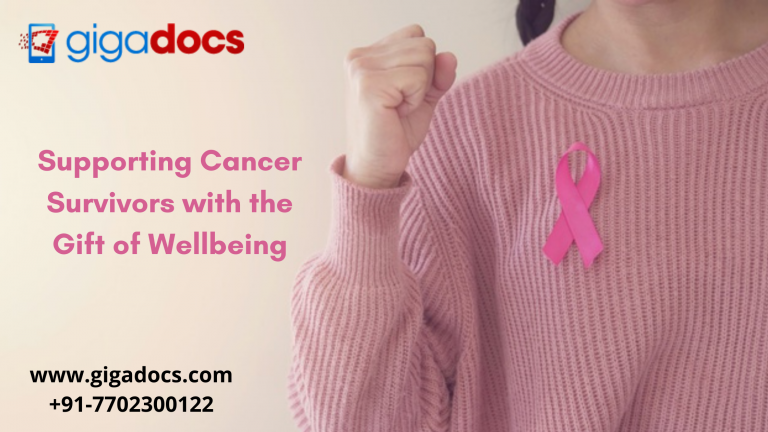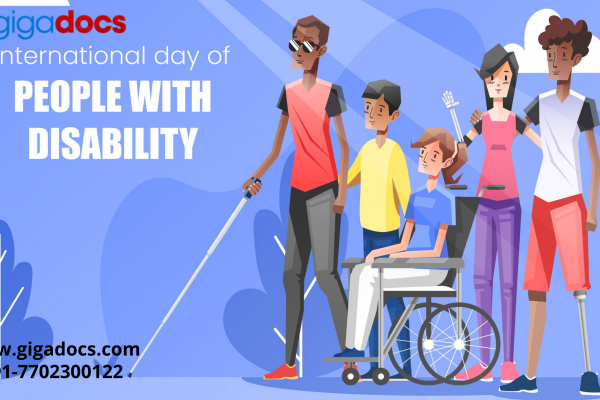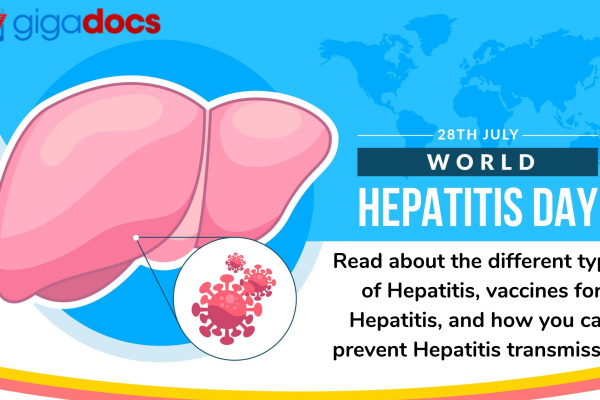India’s cancer burden could rise from 1.39 million to 1.57 million by 2025, according to a report from the National Cancer Registry Program 2020.
Cancer is on a rising trend in today’s society, affecting people across all walks of life.
Nobody is immune to it, whether rich or poor, educated, or uneducated. Cancer is the second leading cause of mortality worldwide, accounting for 9.6 million fatalities in 2018, or one in every six deaths. In our country, about 25 lakh people are affected by it, and the cause of the disease is only partially understood. Every year, about 12 lakh men and women are diagnosed with cancer, with over 8 lakh dying by its complications. By 2040, the figures would rise by at least 50%.
Stomach, liver, lung, prostate, colorectal cancer are the most frequent cancers in men, whereas breast, colorectal, lung, cervical, and thyroid cancer are the most common cancers seen among women.
The global cancer burden is increasing, imposing a huge physical, emotional, and financial pressure on individuals, families, communities, and health-care systems. Many healthcare systems in low- and middle-income nations are unprepared to handle this burden, and many cancer patients worldwide lack timely access to quality diagnosis and treatment. However, thanks to early detection, quality treatment, and survivorship care, many types of cancer survival rates are improving in countries with advanced and robust health systems.
Celebrating International Cancer Survivors Day
International Cancer Survivors Day is an annual, cherished Celebration of Life observed on the first Sunday of June throughout the world; this year, it’ll be on the 6th of June. This day is a celebration for those who have won the fight against Cancer, and an inspiration for those who have recently been diagnosed with cancer besides a show of support for cancer-affected families.
On International Cancer Survivors Day, people worldwide come together to honor cancer survivors, raise awareness about the challenges they face, and – most importantly – spread happiness and celebrate life. So, whether you’re a cancer survivor, a loving family member (co-survivor), a friend, or a medical professional, this is a day for you. It’s also a day to promote awareness about the ongoing hurdles of cancer survival to mobilize greater resources, research, and survivor-friendly legislation to help cancer survivors live better lives.
The Phases of Cancer Survivorship
There are three phases of survivorship:
- Acute cancer survivorship- Begins at the time of diagnosis and continues until the end of the initial treatment. In this stage, the focus is on cancer treatment.
- Extended survival- Begins after the conclusion of initial therapy and continues for several months beyond. The impact of cancer and its treatment are the main areas of focus.
- Permanent survivor- When years have elapsed since cancer treatment finished, a cancer winner is considered a permanent survivor. There’s a lower probability that cancer may return. The focus is on the long-term implications of diagnosis and treatment.
Medical advancements in cancer prevention and treatment attribute to higher survival rates. Early screening tests help in the early detection of cancer. These tests include the following:
- Mammography: To detect breast cancer.
- PSA (Prostate-Specific Antigen): To diagnose prostate cancer.
- Colorectal Cancer Colonoscopy: This procedure is used to screen for colorectal cancer.
- Pap test: To check for cervical cancer in women.
- Targeted therapy and immunotherapy are examples of newer cancer treatments.
Improving Survivorship in Pediatric Cancers
For survivors of Pediatric cancers, the potential burden of long-term repercussions and its treatment is significant. Due to advancements in treatment, 80 percent of children (ages 14 and younger) and teenagers (ages 15 to 19) diagnosed with cancer now live for five years or longer. However, many successful treatments raise the risk of complications (such as heart disease, cognitive impairment, and second cancers) that might reduce life quality and duration. There is growing evidence that pediatric cancer survivors may experience accelerated ageing (for example, frailty, comorbidities, or a loss in exercise capacity) and a shorter life expectancy.
Surviving Cancer and Behaviour Changes
For cancer survivors and their caregivers (co-cancer survivors), the challenges of coming back to a new normal way for life can be difficult and may bring behaviour changes like-
- Increased worry about the future.
- Fear of secondary cancer reappearing.
- Guilt about surviving after losing loved ones to cancer.
- Struggles within relationships.
- Workplace discrimination.
- Deterioration of quality of life.
- Side effects of treatment (cardiotoxicity, cognitive challenges).
- Depression, anxiety (uncertainty, altered body image, survivor’s guilt) that adds to emotional suffering.
- Fertility problems and/or poor reproductive health.
- Having trouble keeping or finding work.
- Life insurance denial may add to the financial burden.
The Will to Fight Cancer
Regardless of the patient’s attitude or fighting spirit, the anatomy of cancer can sometimes influence the course of events. These events are largely beyond our control. Many doctors have witnessed how two patients of matching ages, with the same diagnosis, severity of sickness, and treatment plan, can have drastically different outcomes—one of the only apparent differences between the two patients’ is the will to fight cancer. Patients with a positive attitude are better able to cope with disease-related issues and may respond to treatments more effectively.
Their “will to live” demonstrates that they genuinely want to live, regardless of whether or not they are terrified of dying. They want to enjoy life. They want to get more out of life and believe their lives aren’t over, and they’re willing to go to any length to get more out of it.
Getting Involved to Support
Patients who face their illness with a combative attitude are no longer helpless victims. Instead, they become active participants in the battle for improvement and cure with their medical support team. Honesty, open communication, shared responsibility, and education on the nature of the condition, treatment alternatives, and rehabilitation are all part of this cherished partnership.
Patients can also benefit from psychological support services, such as private counselling or group therapy. People suffering cancer may feel less alone or afraid or discouraged if they share their experiences with others battling similar situations.
Those who must live with cancer can live to their fullest by:
- Reclaiming control of their lives while retaining a feeling of independence and self-esteem.
- Will to live in the present, not in the past.
- Trying to overcome bad feelings and despair by taking proactive steps to assist themselves and others.
- Maintaining a healthier diet and exercising regularly.
Gigadocs wishes a very happy Cancer Survivor Day to all cancer survivors and those facing this condition with bravery. We believe that life can be made richer if fear, misery, and pain can be conquered. Each of us can make each day a little better, but we must first focus on our purpose and goals and then implement a realistic daily plan often revised several times to help us achieve them.
Gigadocs is here for all of your consultations; talk to experienced mental health specialists about your anxiety and fear, and don’t let the worry of second cancer impact your well-being. Get in touch with the best oncologists from your home on the Gigadocs app.
Download Gigadocs App to Consult the Best Doctors –
- IOS App – apple.co/2W2iG4V
- Android App – bit.ly/33AQoRC
To know more and schedule a Virtual Consultation demo, Email @ info@gigadocs.com.




